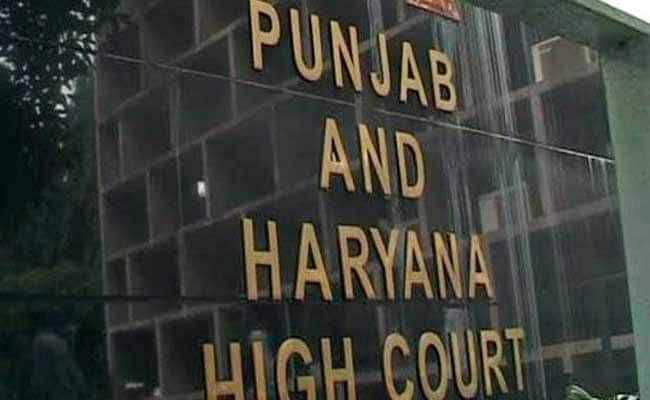Punjab and Haryana High Court warns against misuse of quashing powers in serious offence cases
Saurabh Malik
Chandigarh, July 24
The Punjab and Haryana High Court has issued a word of caution regarding the misuse of its powers to quash criminal proceedings, particularly in cases involving serious offences. The court asserted it possessed the authority to intervene and quash proceedings in the interest of justice, but the power was required to be exercised with utmost caution.
Two primary criteria
Justice Manjari Nehru Kaul asserted it was essential to recognise that the Court’s decision to quash proceedings when parties had settled their disputes was required to be based on two primary criteria -— whether quashing would serve the broader cause of justice and whether continuing proceedings would constitute an abuse of the judicial process.
Justice Manjari Nehru Kaul asserted the primary objective was to uphold justice and protect societal interests. A meticulous and careful evaluation of each case was essential to ensure that the invoking of such exceptional powers was warranted. The court’s role was to balance individual rights with the broader implications for society, particularly in cases involving non-compoundable offences such as attempted murder.
Justice Kaul asserted: “In cases where the offences are private in nature and the parties have amicably settled their disputes, the court should unhesitatingly quash the FIR based on the compromise reached between the parties. While the inherent powers of the court under Section 482 of the CrPC/Section 528 of the BNSS are undoubtedly wide, they are not without limits and must be exercised with great caution and circumspection.”
Quashing the FIR required no hesitation in cases primarily involving private disputes and civil matters, such as commercial transactions or family conflicts where the parties resolved their issues. But certain offences were not required to be quashed due to their severe nature and societal impact merely because the parties had settled their disputes.
Offences such as murder, rape, dacoity and ones involving mental depravity, under the Prevention of Corruption Act, and committed by public servants in their official capacity should be excluded, even if the parties had resolved their disputes, as these offences were crime against society at large, not just the individual victim.









